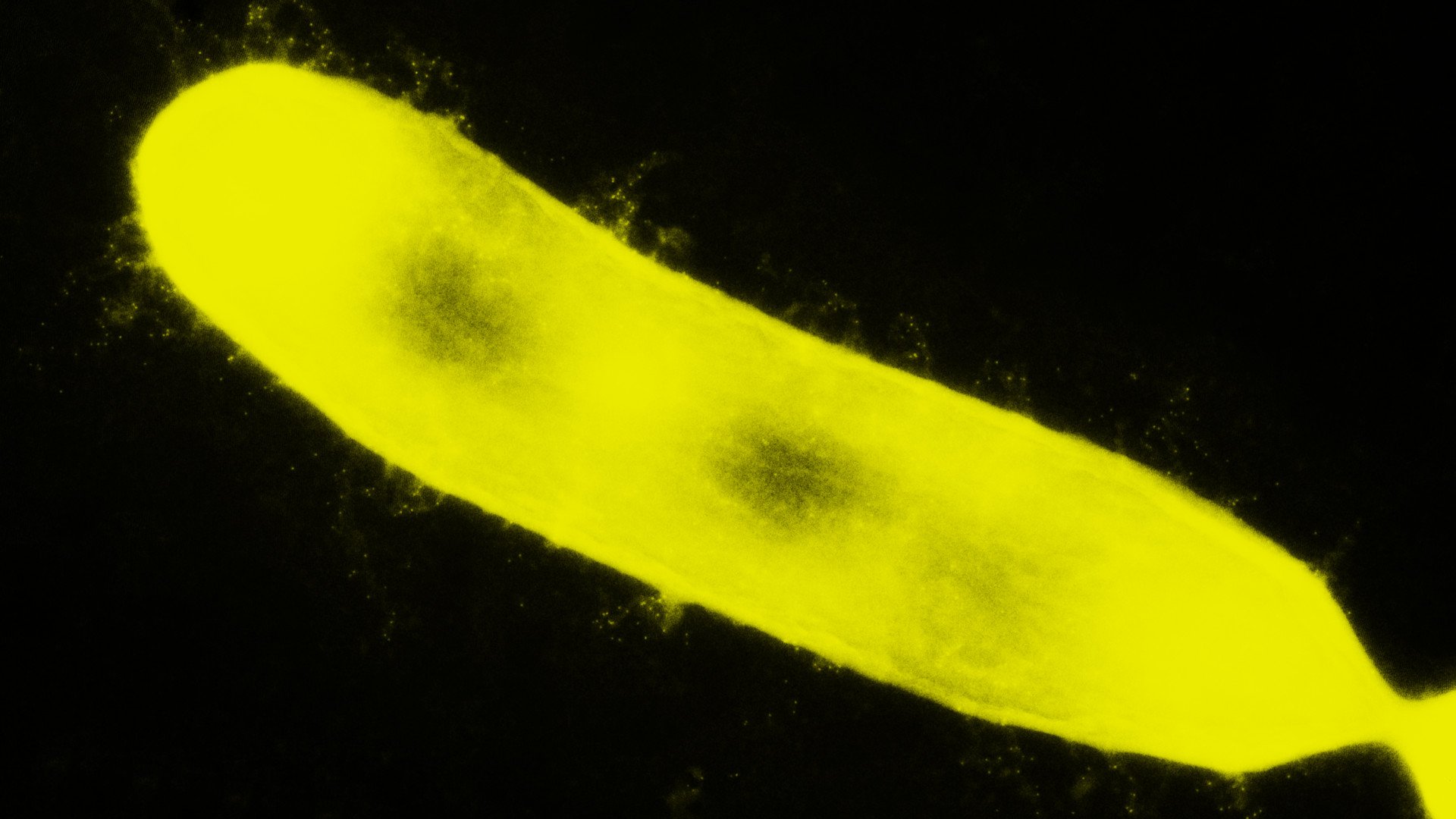Detoxification through fermentation
Food fermentation has many advantages. For example, the shelf life is increased by converting sugars into lactic acid or alcohol. Furthermore, the taste is enriched and the digestibility is increased by breaking down sugars, proteins and fats. In this study by the Micropia research group at the VU University in Amsterdam, another advantage of bacterial fermentation is investigated: detoxification by binding to and breaking down toxic substances. A previously developed starter culture was used for this. Kwete, a fermented maize porridge from Uganda, was chosen as the dish.
Binding toxins
In warm and humid countries, corn is often infected by fungi that produce aflatoxins (toxins). These aflatoxins are toxic at very low concentrations. Among other things, they can change our DNA (they belong to so-called mutagens) and thus cause cancer in the liver. If products with these aflatoxins are consumed for a long time, there is an increased risk of impaired function of the liver and the immune system. The aflatoxins also have a negative effect on the health of young children where they are associated with growth retardation. The toxins can even reach vulnerable babies through breast milk. Lactic acid bacteria that occur on plants can bind to the aflatoxins, so that they are not absorbed in the small intestine, but leave the body through the stool. Thus, fermentation of the corn using these lactic acid bacteria could provide a solution. Moreover, by using the starter culture, the product is also enriched with probiotics.

Fermentation with the lactic acid bacteria Lactobacillus rhamnosus makes the Ugandan corn porridge have a longer shelf life, and above all healthier.
1,000 times less toxins
The study in a small group of Ugandans showed that they appreciated the taste of the fermented fine. The injury proved viable for at least a month, and contained at least 100 million probiotic Lactobacillus rhamnosus bacteria per gram. Furthermore, the study showed that the concentration of toxic aflatoxins decreased by a factor of 1,000 during the fermentation of the maize porridge. So good results. A follow-up study is now looking into whether large-scale fermentation of the maize porridge in schools can protect Ugandan children from exposure to aflatoxins.
Source: Nutrients
